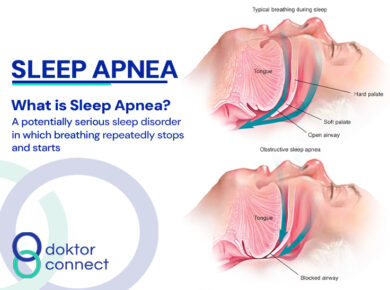Ever seen an individual that couldn’t move their neck? Meningitis is an infection of the protective membranes that surround the brain and spinal cord.
It can be quite a serious medical condition if not treated timely. Moreover, it’s so serious that there is a map involving countries with a high burden called the Meningitis Belt of which Nigeria is among (especially the Northern regions).
It can affect any one of any age, from children to adults. However, people with a weak immune system, the elderly and young ones are more at risk
What Causes Meningitis
It is mostly caused by infectious agents (bacteria or viruses such as Meningococcal bacteria, Pneumococcal, Haemophilus Influenzae, Mumps, Herpes Simplex Virus, etc) that have infected a nearby structure in the body. It could be an infection in the bloodstream or direct spread from an infection of the Ear, Nose, and Throat. This infectious agents can spread through sneezing, coughing, or kissing.
Symptoms of Meningitis
Some of the symptoms include:
- Fever
- Headache
- Rash
- Stiff neck
- Seizure (convulsion)
- Loss of consciousness
In addition, for Babies; a bulging soft spot at the top of their end, refusal to eat, stiff body, etc
Not all of these symptoms have to present and this doesn’t always mean meningitis. You should speak with a doctor for a full assessment if you notice any unusual symptom
Management of Meningitis
Management varies on the symptoms an individual presents. It can range from antibiotics given through the vein, fluids, painkillers, anti-sickness and equally important medication to reduce the swelling in the brain.
Furthermore, most people recover fully. However for some, it can cause lasting complications such as hearing loss, epilepsy, problems with memory, etc
The Good News
There are vaccination available that offer protection against some of the agents that cause Meningitis. Besides, some are part of the National Immunization Schedule (like the 6-in-1 vaccine, Pneumococcal vaccine, MMR Vaccine)
It is very important to get the Meningitis Vaccine especially when traveling to areas with a high burden. Finally, you should speak to a doctor if you have been in close contact with anyone suspected to have meningitis as you may be offered some protective medication against Meningitis



